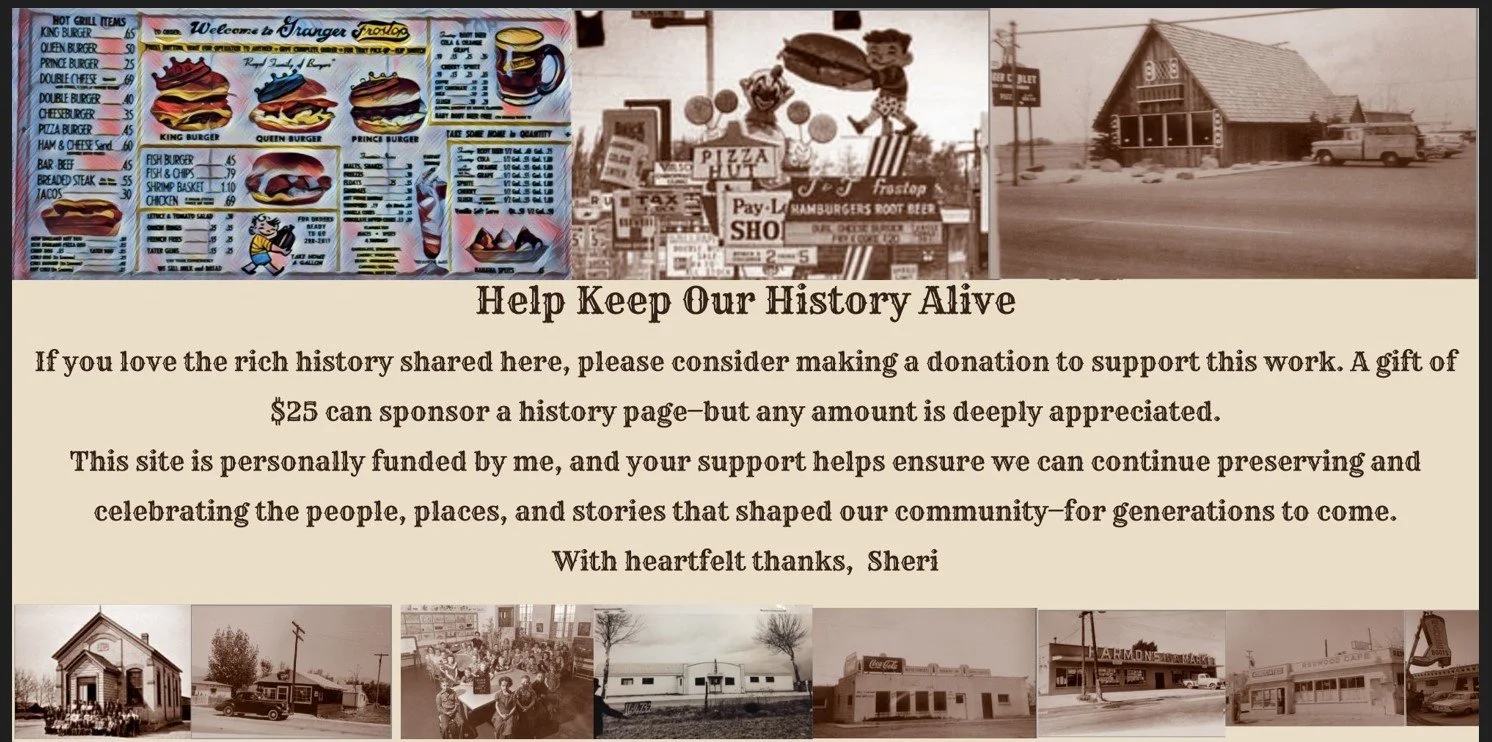What It Was Like to Grow Up in Granger in the Early 1900s
What It Was Like Growing Up in Granger
Growing up in early Granger meant hard work, simple pleasures, and close-knit families. Children woke early to help with chores before school—feeding animals, hauling water, tending gardens, and gathering fuel for the stove. Families lived largely from what they raised themselves, with rows of vegetables, fruit orchards, and dairy cows providing the basics of life.
Most children attended Monroe School, the sturdy two-story brick building with its proud bell tower. Walking long distances to class was common, and winters made the trek difficult. Many didn’t begin school until age nine, as younger children were often needed at home. Once enrolled, they advanced quickly, since much of their reading and arithmetic had been learned at home by lamplight.
Life was not without hardship. Illness and loss touched many families, requiring young children to take on adult responsibilities. Girls often became homemakers after the death of a mother, sewing, cooking, and keeping house for fathers and siblings. Others found work in neighbors’ homes—caring for the sick, hauling water, or washing clothes on a board—for only a few dollars a week. These jobs were demanding, but they taught resilience and responsibility.
Still, there were bright spots. Summer nights were spent on screened porches, listening to mourning doves or playing games under the stars. Families gathered in orchards for weiner roasts, while Sunday afternoons were set aside for quiet rest. Homemade sugar cookies, graham bread, and fresh milk from the icebox were everyday treats. Quilts, braided rugs, and jars of home-canned fruit filled homes with warmth and color.
The community was the heartbeat of Granger life. Neighbors came together at the Granger Ward Meetinghouse for socials, plays, and church gatherings. Clubs and organizations like the Relief Society offered service and fellowship. The canals, built and maintained by local farmers, provided lifegiving irrigation water and became part of the children’s playgrounds.
Though the work was constant and the challenges real, growing up in Granger meant being surrounded by family, faith, and neighbors who cared deeply for one another. It was a childhood built on sacrifice, but also on joy, security, and simple happiness—the kind of memories cherished for a lifetime.


